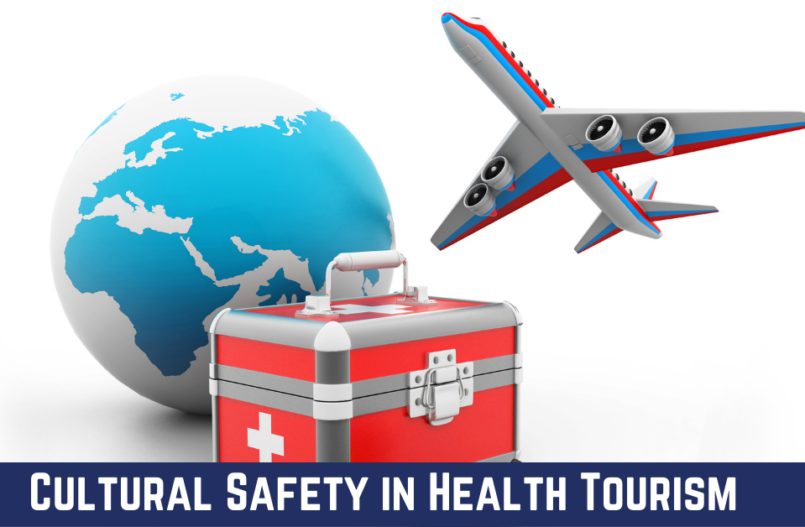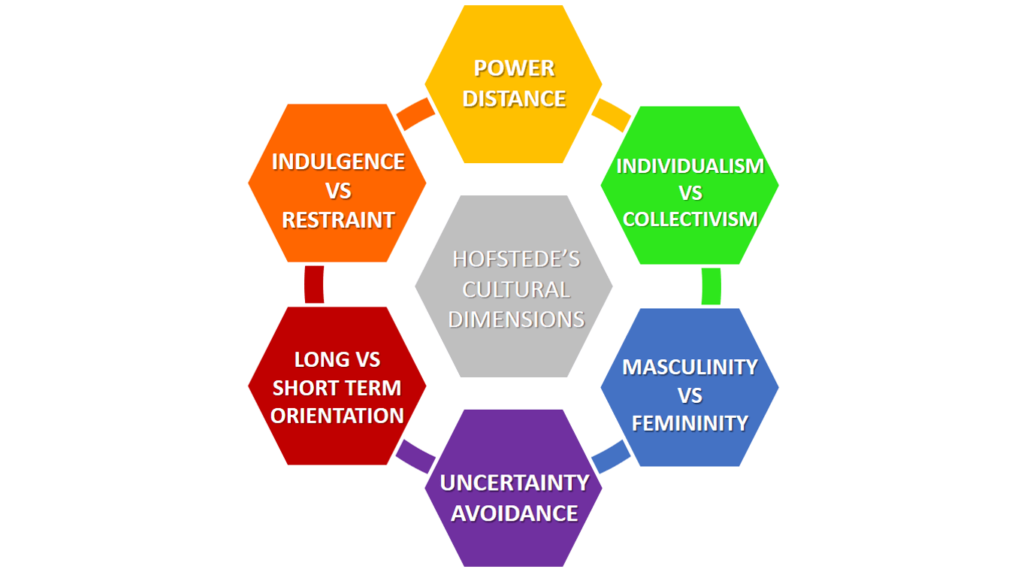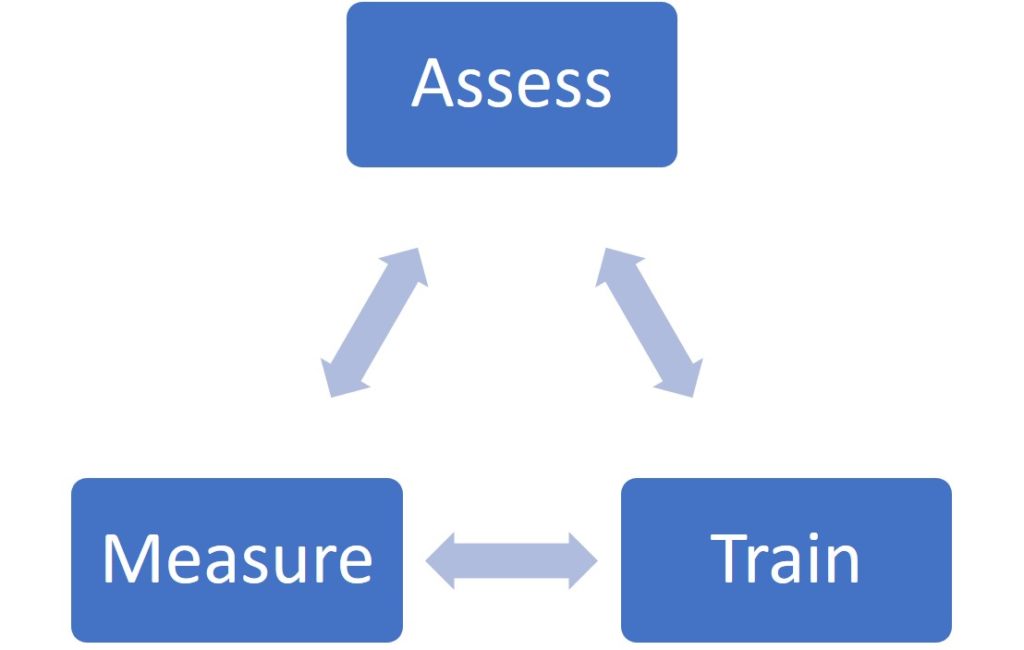Cultural competence or cross-cultural sensitivity is extremely important in health tourism and medical travel. The ability of health and medical providers to put foreign consumers at ease is critical to communication, clinical outcomes and to the reputation of those providers and of the destination itself.
The concept of cultural safety emerged from nursing education in New Zealand and refers to the experience of a person or family from one culture encountering educators and/or providers from another culture. When the provision of health or medical care was exclusively a local phenomenon, cross-cultural competence and cultural safety were required only in rare or highly selective circumstances. As international healthcare, health tourism and medical travel have grown, the importance of cross-cultural competence and cultural safety has taken on greater importance.
Health and medical providers are, of course, concerned about achieving the best possible outcomes in each of their treatments and interventions. Destinations which attract health and medical consumers from different cultures want to create loyalty and positive word-of-mouth among these traveling health consumers. Both goals are advanced by developing skills in and sensitivity to cultural safety.
An “unsafe” cultural practice is defined as anything which demeans or diminishes the cultural identity of a patient, person or family. This could include objects, such as symbols or religious items, individual behaviours, such as physical or eye contact, gender insensitivity, or social practices, such as observing or not observing certain holidays or events. Cultural elements include, but are not restricted to, age or generation; gender; sexual orientation; occupation and socioeconomic status; ethnic origin or migrant experience; religious or spiritual beliefs; and/or physical or psychological ability. Unsafe cultural practice includes any action which diminishes, demeans or disempowers the cultural identity and wellbeing of an individual.
Cultural safety, therefore, requires that destinations and providers consider the cultural contexts of patients and their families who receive care at their destination, or who may be visiting and seek or require care.
Principles of Cultural Safety
Cultural safety has four different principles. The first is to improve health status and well-being, second is to improve the delivery of health services, third focuses on the acceptance of the differences among the people who are being treated, and fourth embraces the power of health services to impact individuals and families.
Improve health status and well-being
It is clear at an experiential level that when we feel comfortable with those around us, we are more open and receptive to what is occurring and what is being said. In healthcare and medical services circumstances, the importance of this basic social and psychological fact is amplified. When individuals in our care are more relaxed, they are more open and receptive to the care they are receiving, and the instructions, which may be important to their well-being. These consumers/patients are more “engaged,” and there is a growing body of evidence showing that more engaged health and medical consumers have better overall outcomes.
Improve the delivery of health services
At an operational level, most of us recognize that engaged, receptive consumers/clients/patients present fewer barriers to care and are generally easier to care for. Anyone who is a parent or who has ever tried to give a three-year-old child a spoonful of medicine knows exactly what this is about! People who are more relaxed are immediately more receptive, and therefore, it is easier for everyone – including the providers, nurses, therapists and doctors. People who feel more culturally secure, therefore, contribute to the efficiency of health and medical operations.
Appreciate the differences among the people
One of the extraordinary opportunities of the modern age is to have greater levels of personal contact with people of different cultures. This not only can be a rewarding personal experience, but it can also aid in international communications and improve the advancement of science, through deeper cross-cultural appreciation and understanding. Health tourism provides a rich array of cross-cultural interactions, and giving consideration in advance to the cultural needs of those being served can pay enormous cultural dividends among those providing care.
The power of health services
With regard to health tourism, there are few situations where individuals are more vulnerable, and therefore, more sensitive, than when receiving health or medical care. The power of health services, therefore, is significant; as healthcare providers, we see people at their best and their worst. It is at these moments that cultural sensitivity and interpersonal skill is most important. A constructive, thoughtful interaction can make all the difference in the outcome of care, as well as the shared experience of both the provider and the individual patient/client/consumer.
Measuring Cultural Safety
The standards of cultural safety are met through constructive actions which recognise, respect and nurture the unique cultural identity of patients and their families. Central to this effective practice is the recognition that safety is not determined by the provider or the destination, but rather by the patients, or their families. Compliance with, or adherence to, the standards of cultural safety can only be measured by carefully evaluating the experience of the patients themselves. It is here that a well-designed customer satisfaction measurement system is critical to ongoing operational improvements and brand loyalty.
An effective customer satisfaction measurement system not only includes the routine survey but also includes interviews, which attempt to secure insights about experiences of the consumers/patients and their families. These interviews themselves can demonstrate cultural safety by being conducted in the individual’s dialect. Through these interviews with our customers/clients/consumers, we can better understand the opportunities to improve the cultural safety of the care we provide.
Building Cultural Safety
The principles and standards of cultural safety contribute to the development of measures, training and continuous quality improvement in healthcare services. The construction of a culturally safe environment begins with an assessment of existing cultural elements, which are integrated within the providers delivering services and the physical environment greeting the patients and consumers. Assessing staff and evaluating their biases is an important step in this process. Look at the environment: Does it contain signs, symbols or language which someone from another culture would find difficult to understand or even offensive? The result of the assessment stage should be a plan to make physical changes and to deliver training.
Training in cultural safety includes basic introductions to the cultures and customs of the consumers currently served or those whom you believe will be served. Beyond the basics, interactive exercises will help frontline care staff, nurses and doctors to appreciate how their own biases impact the experience of those being served. Often, these interactions provide surprising personal insight.
The final element of the system design is further measurement, and in this context, it is a measurement of both consumers (patients, clients, whatever you may call them) and the staff. Through reflective interactions based on the measurements of customer satisfaction, a deeper appreciation of cultural safety will develop among the staff, improving their skills and ability to put customers and patients at ease, ultimately improving healthcare experiences.



